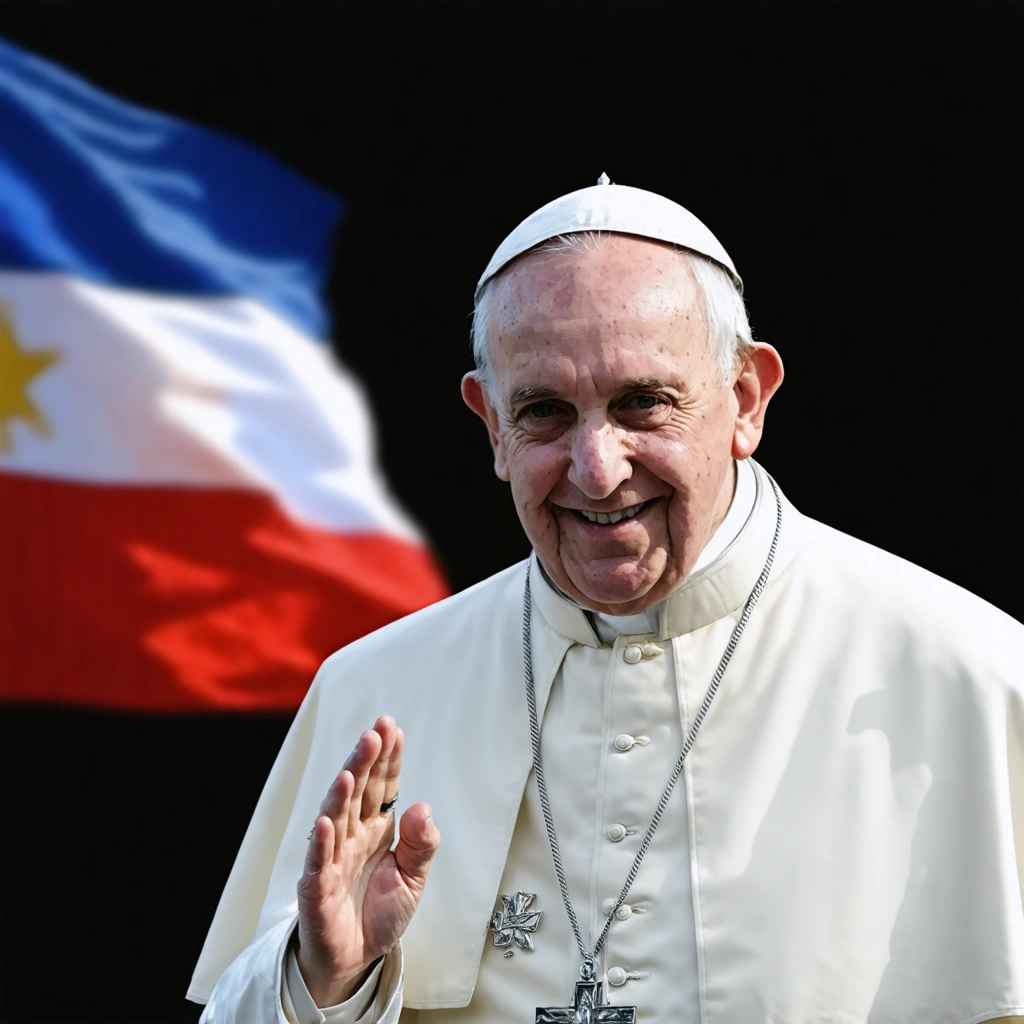
Introduction
The remarkable audio message from Pope Francis marks a significant moment in contemporary leadership dynamics. As the pontiff speaks for the first time since his hospitalization, his reassuring tone and clear articulation serve as a powerful symbol of resilience and recovery. Nearly three weeks after being admitted with double pneumonia, his public communication has sparked both hope and robust discussions within business and political arenas alike. This article examines the implications of his speech, the strategic communication methodologies employed, and the broader lessons it offers in the realm of crisis management and leadership.
Health Recovery and Leadership Resilience
The Impact of Personal Health on Public Leadership
Pope Francis’ health improvement not only signals a recovery from a serious medical condition but also reinforces his enduring capacity to lead. In the context of leadership, personal resilience often correlates with the strength of an institution’s collective morale. The pontiff’s recent audio clip has underscored several critical aspects:
- Transparency in communication during a crisis
- Empathy towards constituents and followers
- Commitment to duty regardless of personal challenges
These factors are cornerstones in both effective public leadership and corporate management, where the ability to maintain a calm and strategic approach under pressure is invaluable. Business leaders can find inspiration in Pope Francis’ ability to transform personal recovery into a unifying message for a broader community.
Comparing Public and Corporate Crisis Management
The incident resonates deeply within the business world, where crisis management is a recurring theme. Notably, organizations often face scenarios requiring swift adaptation to unexpected challenges. In this context, the following strategies emerge as key lessons:
- Proactive Communication: Timely and honest communication can prevent misinformation and build trust.
- Empathy and Transparency: Leaders who share their vulnerabilities can foster an environment of support and collaboration.
- Adaptability: Quick strategic shifts in response to crisis are essential for recovery and long-term sustainability.
These principles, evident in Pope Francis’ approach, echo the best practices recommended for both public figures and corporate executives during times of adversity.
Strategic Communication: Techniques and Outcomes
The Role of Audio Communications in Modern Leadership
The decision to release an audio clip marks a shift in traditional communication methodologies for high-profile leaders. Audio communications offer distinct advantages, such as conveying emotion through tone, rhythm, and inflection—a nuance often lost in written text. This method aligns with several strategic objectives:
| Objective | Benefit | Example from the Clip |
|---|---|---|
| Humanize the Message | Creates a personal connection with the audience | Pope Francis’ heartfelt speech highlighted his genuine concern and optimism |
| Reinforce Transparency | Builds credibility and accountability | The frank disclosure regarding his health status reassured the faithful and critics alike |
| Mobilize Support | Encourages collective action and unity | The tone of hope and determination mobilized support across diverse demographics |
This shift to audio illustrates a blend of traditional values with modern techniques, a transformation that can serve as a model for both religious and corporate entities.
Business Parallels in Communication Strategy
In the realm of business, communication strategies have evolved to prioritize clarity and immediacy. Several aspects can be drawn to highlight the significance of Pope Francis’ approach:
- Real-Time Engagement: Audio and video communications enable leaders to connect with stakeholders in real time.
- Authenticity: Authentic messages enhance trust, especially during periods of uncertainty.
- Multi-Channel Dissemination: Using diverse platforms helps in reaching a broader audience.
Integrating these tactics can help businesses not only manage crises but also reinforce their brand identity. The strategic dissemination of a measured and thoughtful response, as demonstrated by Pope Francis, can greatly influence public perception and stakeholder confidence.
Future Implications and Strategic Lessons
Anticipating Future Challenges
Looking ahead, the lessons derived from Pope Francis’ recent public appearance extend beyond personal recovery. The episode underscores the importance of viable contingency planning, robust internal communications, and proactive engagement strategies in times of uncertainty. Specific future-oriented strategies include:
- Enhanced Crisis Communication Plans: Organizations must regularly update and test their communication protocols to respond effectively to emergencies.
- Leadership Training: Continuous training in crisis management enables leaders to uphold transparency without compromising operational stability.
- Stakeholder Engagement: Regular outreach initiatives ensure that the concerns of all stakeholders are addressed promptly, enhancing mutual trust.
This structured approach is essential not only for managing health-related emergencies but also for addressing broader organizational challenges in a globalized and interconnected world.
Key Strategic Takeaways for Business Leaders
To summarize, the recent developments around Pope Francis’ health update offer notable strategic takeaways for business leaders:
- Resilience Under Pressure: The ability to maintain composure and decisiveness in difficult situations is critical for success.
- Transparent Communication: Honest and empathetic communication fosters loyalty and ensures sustained support.
- Adaptive Strategies: Leveraging modern communication tools can help bridge the gap between traditional leadership values and contemporary audience engagement.
- Learning Opportunity: Every crisis, when managed with foresight, serves as an opportunity for organizational growth and improvement.
Both religious institutions and corporations stand to benefit from these insights, rendering situations of adversity into catalysts for constructive change.
Conclusion
The audio clip from Pope Francis is more than just a personal health update—it is a testament to the enduring values of leadership, transparency, and strategic communication. As organizations worldwide face similar challenges, the pontiff’s approach provides a blueprint for effective crisis management and stakeholder engagement. By incorporating lessons from his timely message, business leaders can enhance their own communication strategies, ensuring that authenticity and resilience remain at the core of their operational philosophies. In today’s complex and often unpredictable environment, such leadership attributes are not only desirable—they are essential for long-term success and sustainability.




